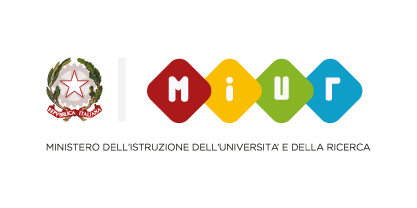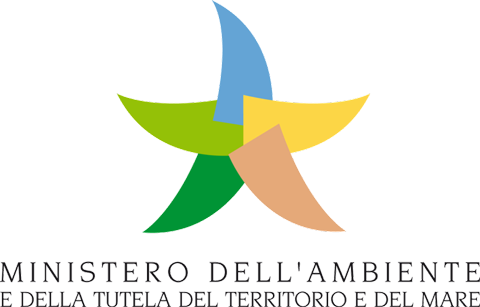The majority of the smaller Italian islands is not connected to the continental power grid.
The industrial activities are very scarce if not completly absent, and the electricity demand is mostly due to the residential sector. The electricity production takes place mainly through a diesel generation plant largely oversized compared to the winter demand, because it has to be ready to cover summer peak loads, The plant size is proportioned to the touristic vocation of the island, more tourists means bigger plant. Thus, the energy generation is inefficient and it has high operating costs, much higher than the continent, due to the its inconstant use, due to the plant maintenance, and due to the supply from the mainland with tankers.
This project aims to find solutions that increase energetic, economic and environmental efficency of the energy use and the entire production, management and distribution system in the Lampedusa Island. This process will allow an increase of renewable, non-programmable energy, the reshaping of energy demand and consequently the cost of electricity bills and a greater awareness of the actors involved (designers, installers, managers, users) on the topic of energy sources management.
“Che il Mediterraneo sia | la fortezza ca nun tene porte | addo' ognuno po' campare | d'a ricchezza ca ognuno porta, | ogni uomo con la sua stella | nella notte del dio che balla | e ogni popolo col suo dio | che accompagna tutti i marinai | e quell'onda che non smette mai”, Eugenio Bennato
The islands in the Mediterranean sea are a lot, divided between big and small. The majority of them belongs to Greece and Italy, but also Spain (Baelars), Turkey, Croatia and Tunisia.
The sea is a big expanse of water connecting different territories. The tides are very limited also because of the poor connection with the ocean, while the temperatures are between 10°C and 32°C, generally between 12° - 18° C in the winter months up to 23° - 30°C in the summer months, depending on the area.
Therefore, its thermal tank action is largely due to the Mediterranean climate, generally characterized by wet winters and hot and dry summers. Crops characteristic of the region are: olive, vines, citrus fruits, and cork oak.
The islands’ energy systems not connected to the mainland with power lines or submarine aqueducts have common features and solutions: oversized diesel generation plants, high emissions in the atmosphere, poor penetration of plants powered by renewable non-programmable energy, high electricity usage in the final use, poor dissemination of technical efficiency and energy-saving practices, dependence on fuel, water and raw materials from the continent, recycling absence, export of waste on the continent, etc.
These characteristics represent an extraordinary opportunity for companies involved in the project to implement a business and development model that addresses primarily the 40 minor Italian islands not connected to the energy network, second to the thousands Mediterranean islands not connected between them.




Smart Island is a project funded by the Ministry of Education, University and Research and carried out by CNR IIA which aims to find solutions to increase energy efficiency, economic and environmental sustainability of the whole system of production, management, distribution and use of the island of Lampedusa.